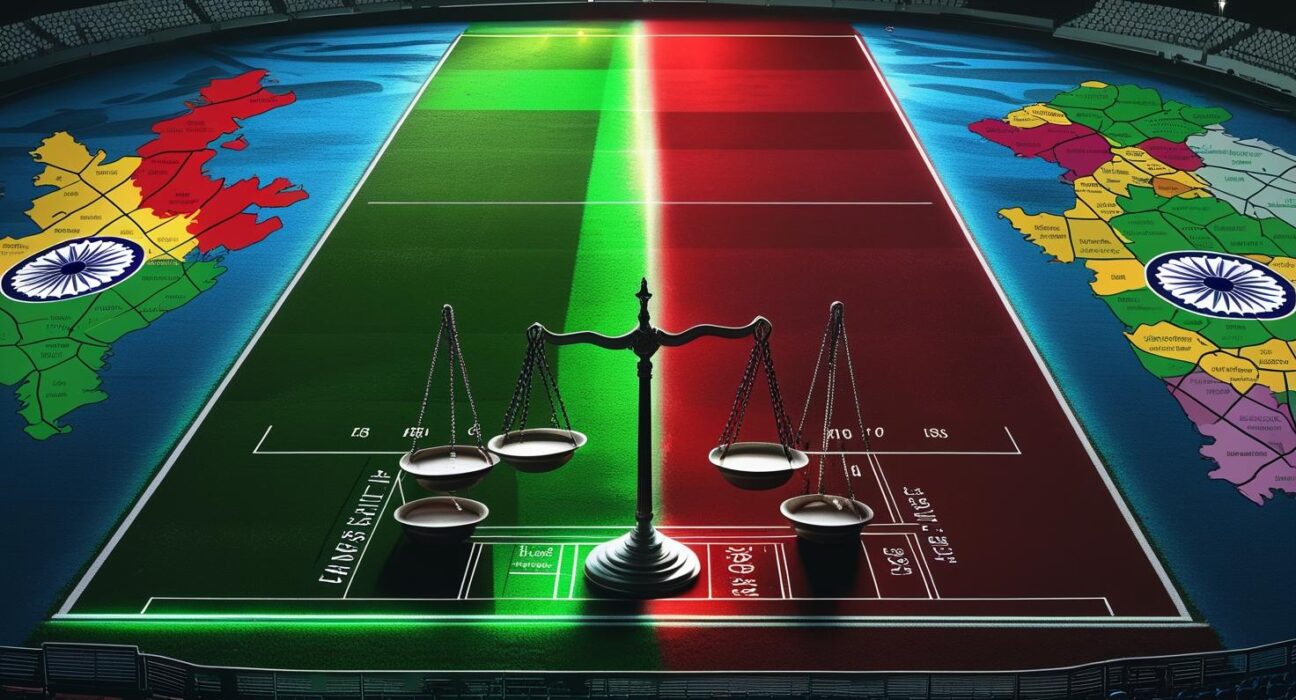Fantasy sports have surged in popularity across India over the last decade, with platforms like Dream11, MPL, and My11Circle leading the charge. These platforms allow users to create virtual teams of real players and earn points based on their performance in live games. With crores of Indians now participating, the industry has evolved into a multi-billion-rupee market.
But is it legal?
The answer isn’t as straightforward as one might hope. The legality of fantasy sports in India remains in a legal grey zone—a space where no uniform national law exists, and regulation depends heavily on state-level interpretations and judicial rulings.
Game of Skill vs Game of Chance
The primary factor that determines legality is whether the game is categorized as a “game of skill“ or a “game of chance.”
- Game of Skill: Legal in most Indian states. The Supreme Court and various High Courts have ruled that fantasy sports like Dream11 involve substantial skill, including knowledge of the sport, player stats, and match conditions.
- Game of Chance: Often falls under gambling, which is illegal in many states under the Public Gambling Act, 1867.
In 2017, the Punjab and Haryana High Court ruled that fantasy sports do not amount to gambling if the outcome is based predominantly on skill. This was later upheld by the Supreme Court in 2021, offering a strong legal precedent in favor of fantasy sports.
State-by-State Legality
Despite court rulings, the industry still operates in a fragmented legal landscape:
| State | Legal Status |
| Maharashtra | Illegal under the Bombay Prevention of Gambling Act |
| Andhra Pradesh | Illegal for real-money games |
| Telangana | Illegal for real-money games |
| Assam | Unclear/Prohibited |
| Odisha | Unclear/Prohibited |
| Tamil Nadu | Legal, after the High Court struck down ban |
| Most other states | Legal or Not explicitly banned |
This patchwork legality causes major compliance headaches for fantasy platforms that operate nationwide.
Regulatory Developments
To bring clarity, the Ministry of Electronics and IT (MeitY) has proposed self-regulatory bodies (SRBs) for online gaming platforms, including fantasy sports. These bodies would certify if a game qualifies as skill-based and thus legal. As of 2025, a few SRBs have been approved, but the framework is still evolving.
Additionally, the Goods and Services Tax (GST) regime is adding to the confusion. In July 2023, the GST Council recommended taxing the full face value of bets (28%), a move that could significantly impact profitability for fantasy platforms.
Real-Money Gaming and KYC Compliance
Fantasy platforms that involve real-money transactions must also adhere to strict Know Your Customer (KYC) norms, data protection guidelines, and payment gateway compliance to avoid penalties or bans.
The legal grey zone becomes even murkier when international players enter the Indian market or when platforms attempt to offer crypto-based rewards, referral bonuses, or cross-border contests.
What Businesses Should Know
If you’re operating or planning to enter the fantasy sports market in India:
- Obtain legal opinion on a state-by-state basis.
- Ensure your game is skill-based and well-documented as such.
- Comply with KYC, data, and payment regulations.
- Be prepared for evolving tax norms and regulations.
- Monitor SRB approvals and central government announcements.
Conclusion
Fantasy sports in India occupy a unique niche—booming in user adoption and investor interest, but governed by laws that are still catching up. While key court rulings have favored the industry, a lack of uniform central regulation keeps the legal environment unpredictable. For businesses and investors alike, due diligence, compliance, and adaptability are critical to succeeding in this uncertain yet promising domain.











